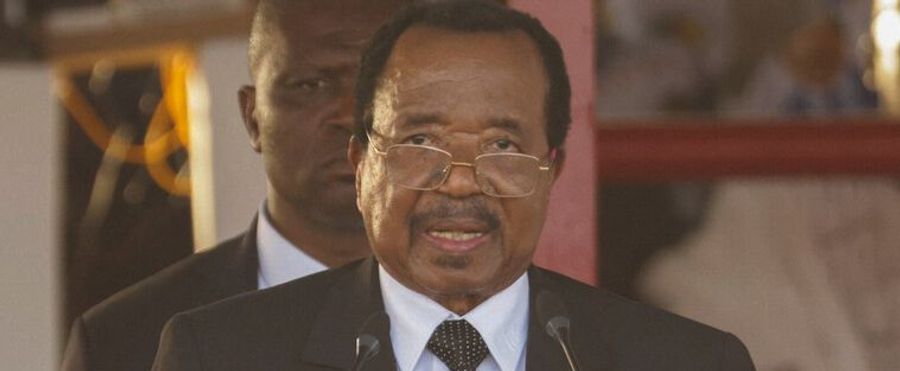Cameroonian President, at the age of 92, has been re-elected for an eighth term, as reported in a recent news headline from Japan. This rare political occurrence exhibits remarkable longevity in power for the world's oldest head of state. The election, observed by international scrutiny, places the African leader once again in the central role to address the country's internal issues and international relations.
Japanese society has a deep respect for elders, often attribiting the wisdom that comes with age as a significant factor in leadership. This is also reflected in their political landscape with many elder statesmen. Thus, the re-election of a 92-year-old president half a world away in Cameroon may be viewed by some Japanese audiences as a positive example of respected elderly leadership, although this could be contrasted with concerns about democratic processes and the potential for stagnation.
In contrast, U.S and EU politics generally favor younger, more dynamic leaders, with mandatory retirement ages sometimes in place to ensure energetic leadership and iterative power turnover. Such a lengthy term as the Cameroonian President’s is rarely seen in these more modern democratic systems that typically enforce term limits for their leaders.

